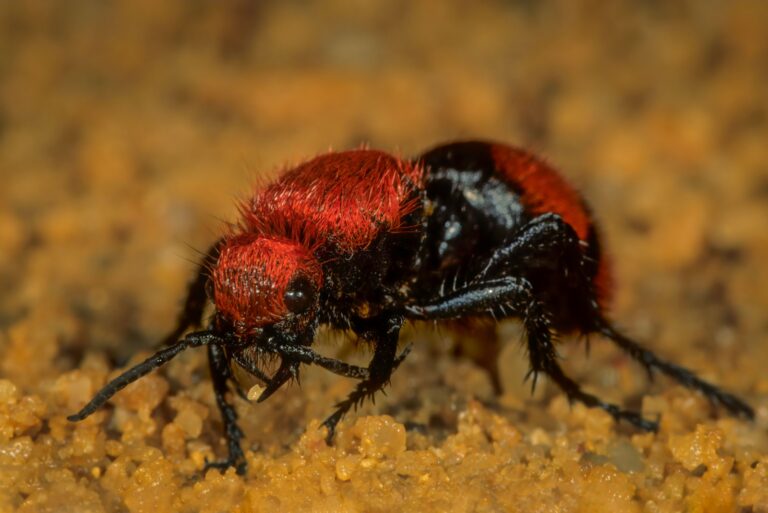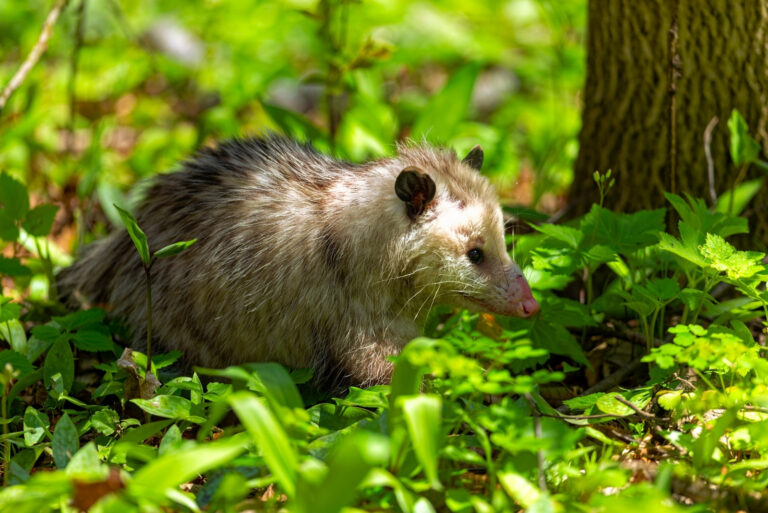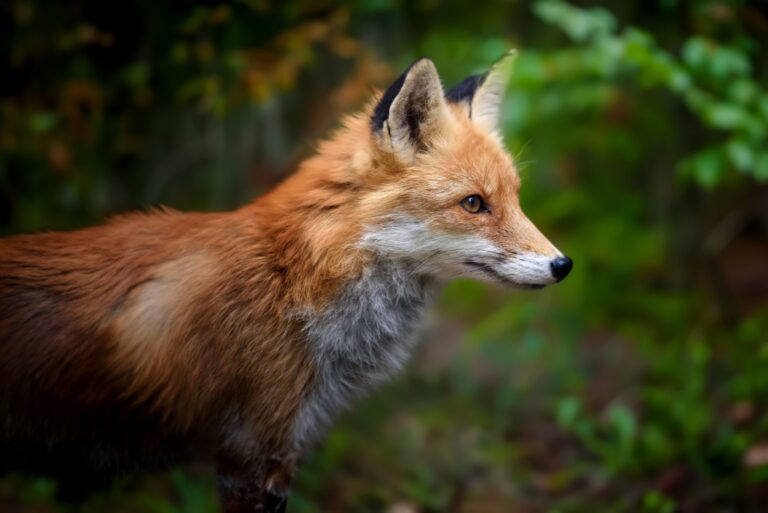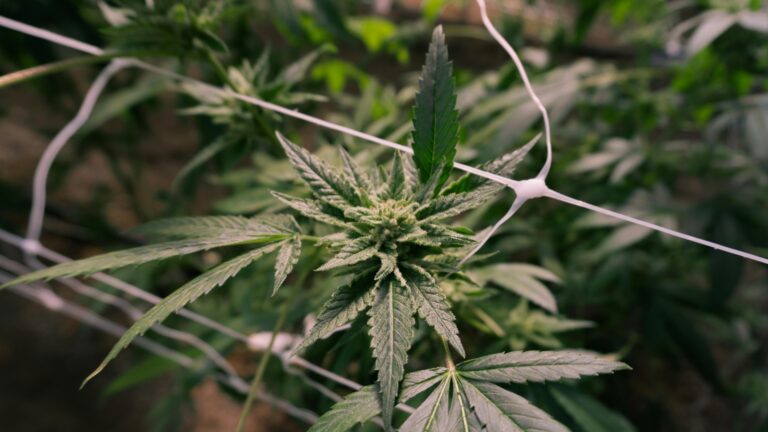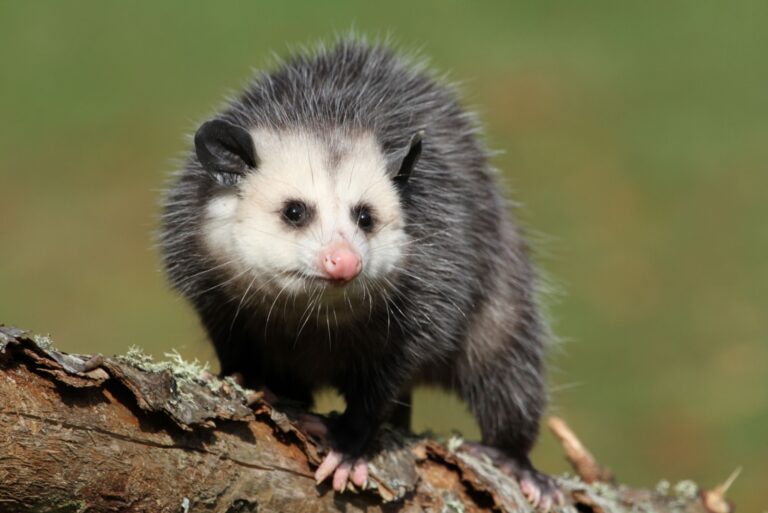Illegal Backyard Crops In Georgia You Didn’t Know About
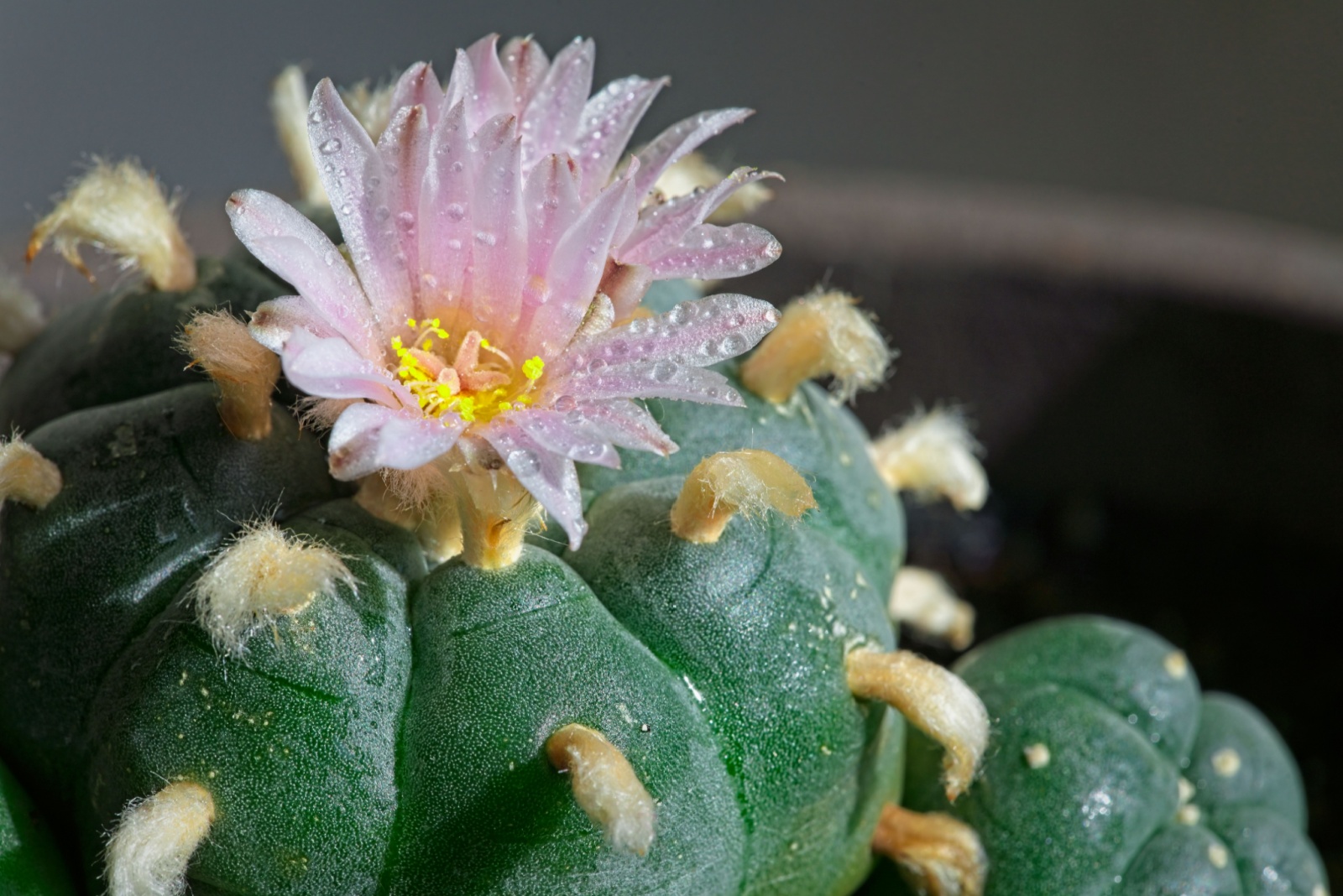
Georgia’s lush climate makes it tempting to grow just about anything—but not all plants are fair game. State laws place limits on certain varieties to protect local farms and ecosystems. What looks beautiful in your yard could cause big problems statewide.
Some plants are banned due to their invasive nature, potential drug associations, or risk of spreading disease. Even popular or exotic choices might be restricted. It’s not just about aesthetics—it’s about long-term environmental health.
Before you start planting this season, take a closer look at what’s allowed. A few minutes of research can save you from fines or forced removals. Your garden can still thrive—just with the right, legal choices.
1. Opium Poppy
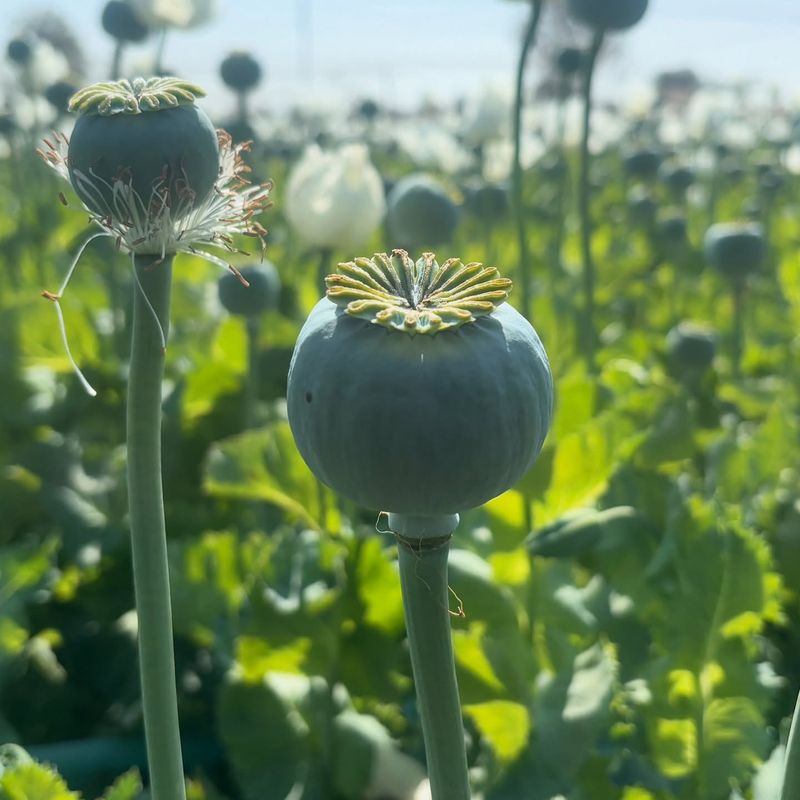
Growing these delicate-looking flowers might seem innocent, but cultivating Papaver somniferum is actually a federal offense. The plant contains narcotic compounds used to make opium, morphine, and heroin.
Many Georgia gardeners have unwittingly planted these without realizing the legal consequences. Even having ornamental varieties can lead to serious legal trouble if authorities determine you’re growing them for their narcotic properties.
I once spotted these in a neighbor’s garden and gently informed them about the restrictions – they were shocked and immediately removed them!
2. Coca Plant
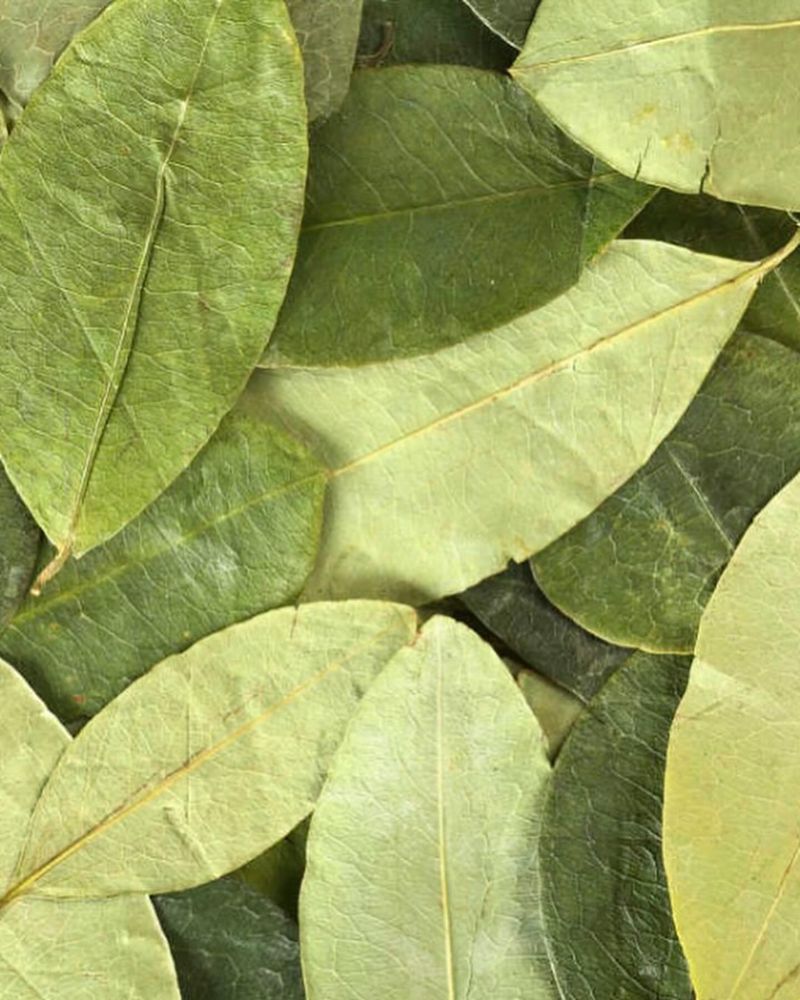
The tropical shrub that gives us cocaine cannot legally be grown anywhere in the United States. In Georgia’s warm climate, some have attempted to cultivate this South American native, leading to serious legal consequences.
Federal authorities actively monitor for these plants, which feature distinctive oval leaves with prominent parallel veins. Though the plant itself has traditional medicinal uses in its native regions, its connection to cocaine production makes it strictly prohibited.
Penalties for growing coca plants can include lengthy prison sentences, as they’re classified as Schedule II controlled substances.
3. Salvia Divinorum
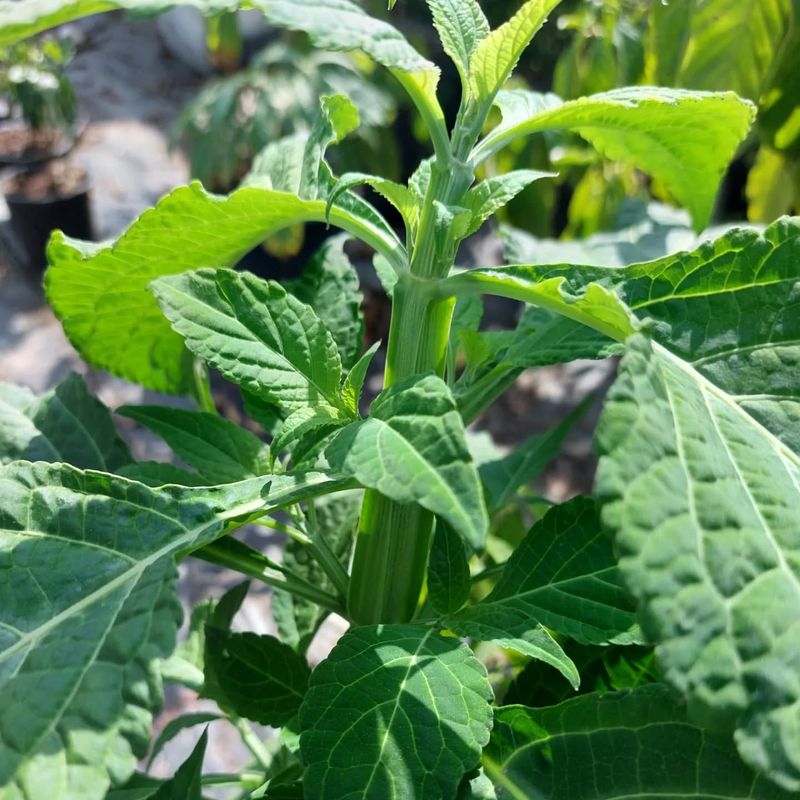
Known for producing intense but short-lived hallucinogenic experiences, this member of the sage family is banned in Georgia. The state specifically outlawed this plant in 2010, making possession or cultivation a serious offense.
What makes enforcement tricky is how similar it looks to common garden sage varieties. The key difference lies in its powerful psychoactive compound, salvinorin A, which affects the brain’s opioid receptors.
Georgia’s stance on this plant reflects broader concerns about hallucinogens, especially those that gained popularity through internet videos showing users’ disorienting experiences.
4. Why Khat Is Prohibited
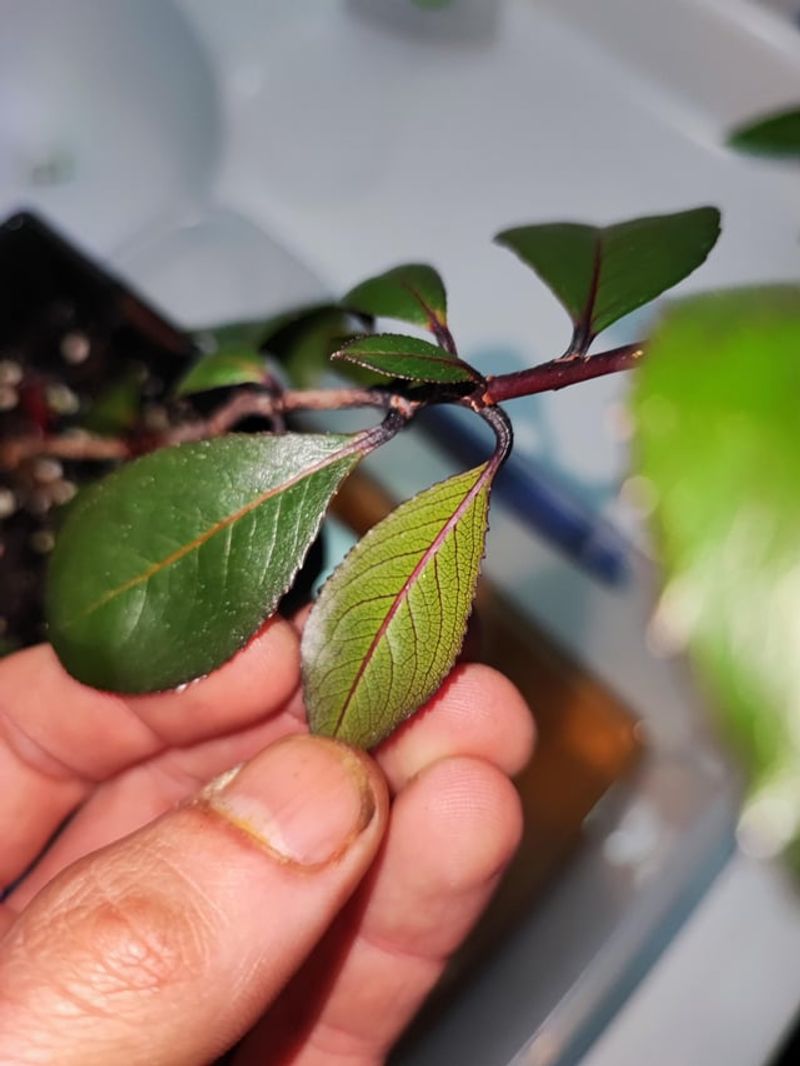
This East African shrub contains cathinone, a stimulant similar to amphetamine. Despite being culturally significant in countries like Somalia and Yemen, khat is classified as a Schedule I controlled substance in the United States.
Georgia’s climate would actually support khat cultivation quite well, which is partly why authorities remain vigilant about preventing its establishment. Users typically chew the leaves for a mild euphoric effect that lasts several hours.
Law enforcement in Georgia has intercepted khat shipments multiple times, showing the state’s commitment to keeping this plant out of local gardens and communities.
5. Kratom
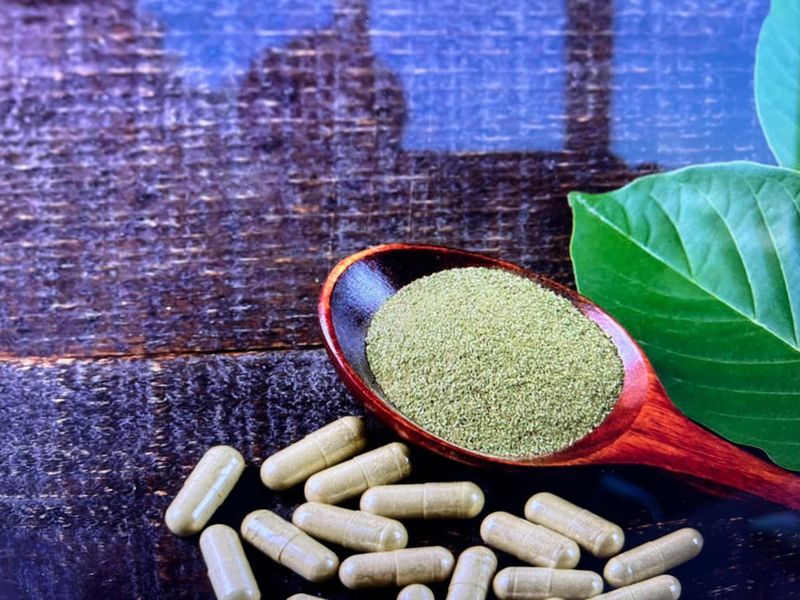
Legal battles continue around this Southeast Asian tree, which contains compounds that interact with opioid receptors. Georgia lawmakers have repeatedly attempted to ban kratom outright, though it currently exists in a complex legal gray area.
The warm, humid Georgia climate would support kratom trees quite well, making regulation necessary. Users consume the leaves for pain relief, energy, or to manage opioid withdrawal symptoms.
My research into Georgia’s stance on kratom revealed that several counties have local restrictions, creating a patchwork of regulations that make growing it risky for home gardeners.
6. Peyote Cactus
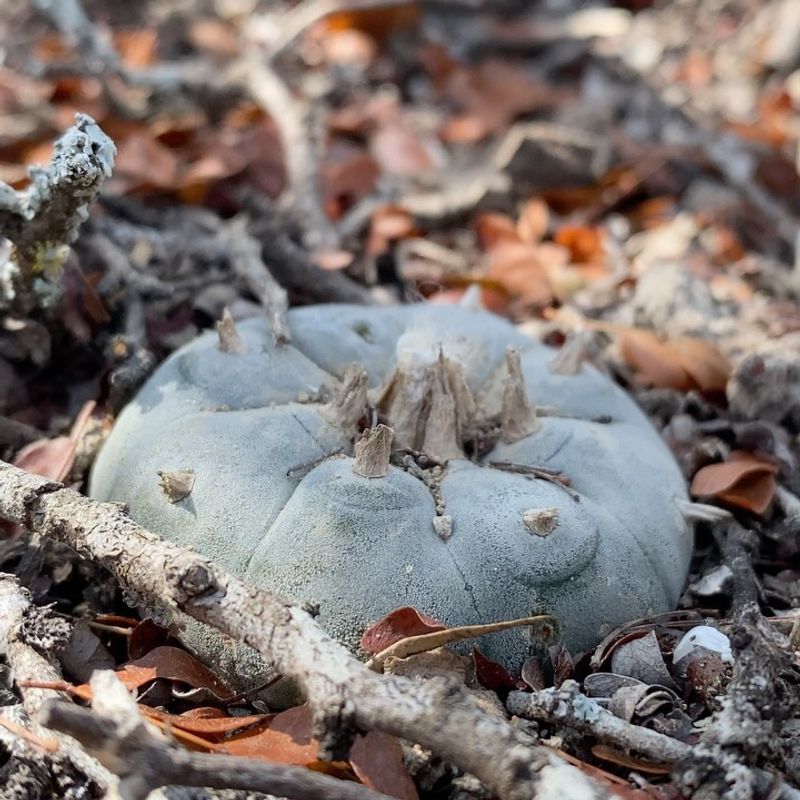
Federal law strictly prohibits cultivating this small, button-like cactus outside of very limited religious exemptions. The plant contains mescaline, a powerful hallucinogen that places it squarely on the controlled substances list.
Some Georgia cactus enthusiasts have unknowingly violated the law by including peyote in their collections. Even possessing a single plant can result in serious legal consequences unless you’re a registered member of the Native American Church.
Georgia’s climate isn’t ideal for peyote, but indoor cultivation attempts have led to law enforcement interventions across the state.
7. Water Spinach
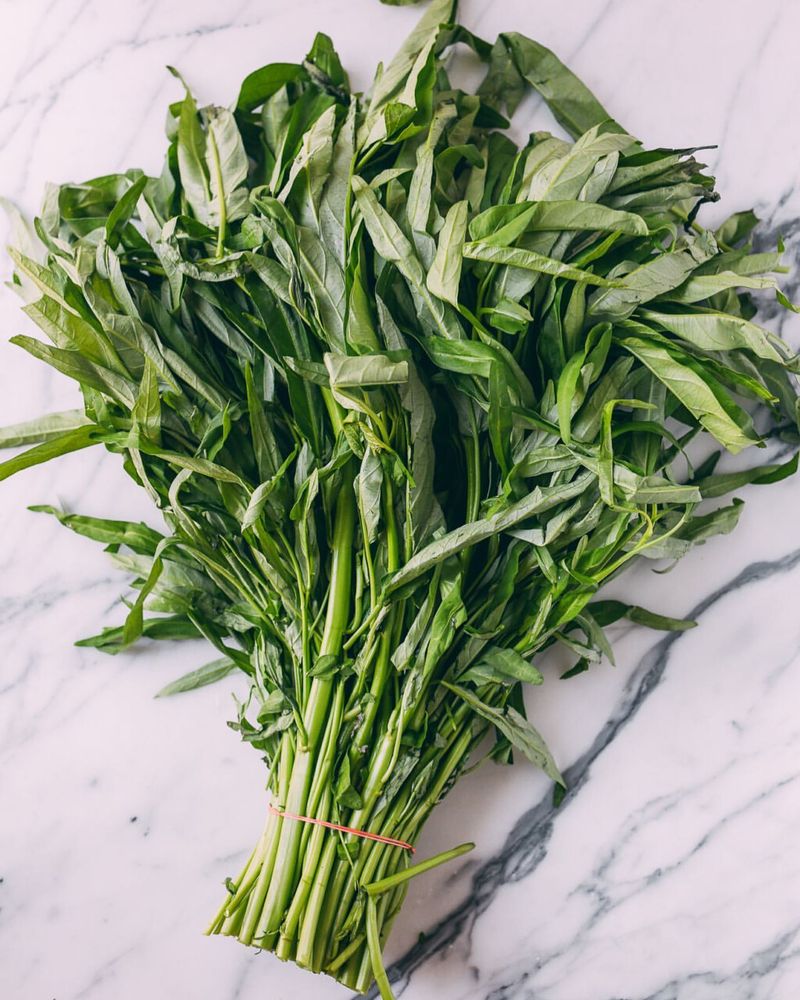
Despite its nutritional benefits, Ipomoea aquatica is classified as a federal noxious weed. This fast-growing aquatic plant could devastate Georgia’s wetland ecosystems if it escaped cultivation, which is why the USDA prohibits growing it without special permits.
The semi-tropical climate of Georgia would allow water spinach to thrive and potentially spread uncontrollably. Popular in Asian cuisine, some gardeners attempt to grow it illegally, unaware of the ecological threat it poses.
Georgia’s waterways are particularly vulnerable to this invasive species, which can form dense mats that choke out native plants and disrupt aquatic habitats.
8. Miracle Fruit’s Legal Complications
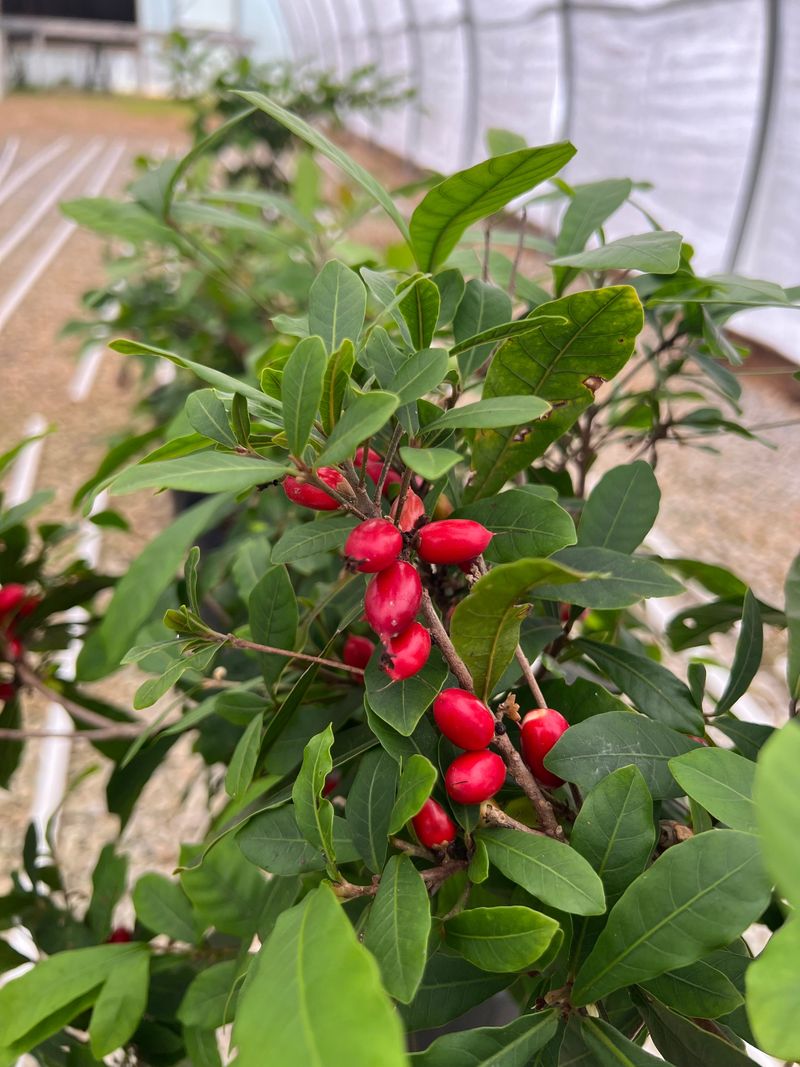
This West African berry plant has gained popularity for its flavor-altering properties, making sour foods taste sweet. However, importing and growing Synsepalum dulcificum faces significant USDA restrictions due to potential agricultural pests.
Georgia’s subtropical areas could potentially support outdoor cultivation, raising concerns about escape into natural areas. The FDA has also scrutinized miracle fruit products, creating additional regulatory complications for would-be growers.
Acquiring legal plant material proves nearly impossible for average Georgia gardeners, as most available specimens haven’t cleared proper import channels and may carry prohibited pests.
9. Citrus Quarantine Rules
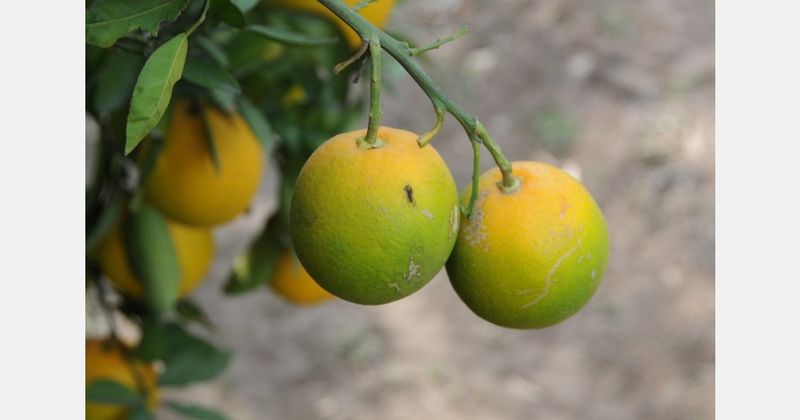
Georgia’s fight against citrus greening disease has led to strict regulations on growing orange, lemon, and lime trees. The bacterial infection devastates citrus production and is spread by tiny insects called Asian citrus psyllids.
Moving citrus plants into Georgia from affected states requires special permits and inspections. Many gardeners don’t realize their mail-ordered citrus trees might violate these quarantine rules, potentially introducing the disease to Georgia’s growing citrus industry.
When I wanted to plant a lemon tree, navigating the permit process proved surprisingly complex – but worth it to protect our state’s agriculture!
10. Bitter Cassava Restrictions
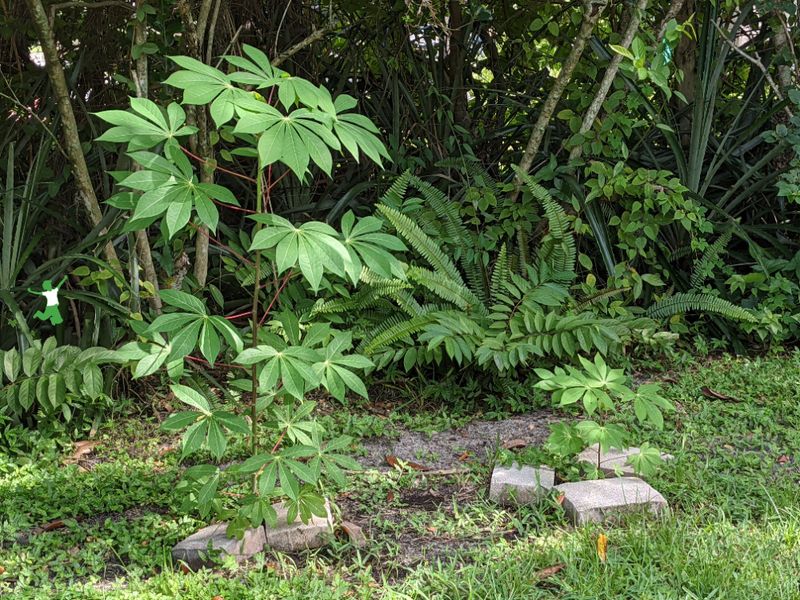
This tropical root crop contains compounds that can produce deadly cyanide if not properly processed. Georgia agricultural authorities restrict growing bitter varieties of cassava due to both safety concerns and potential confusion with permitted sweet varieties.
Few Georgia gardeners realize that improperly prepared cassava has caused fatalities. The plant requires specific knowledge to cultivate and process safely, knowledge that isn’t common in North American gardening traditions.
Georgia’s climate supports cassava growth in southern regions, but official recommendations steer gardeners toward safer alternatives like sweet potatoes that thrive in similar conditions.
11. Datura’s Deceptive Beauty
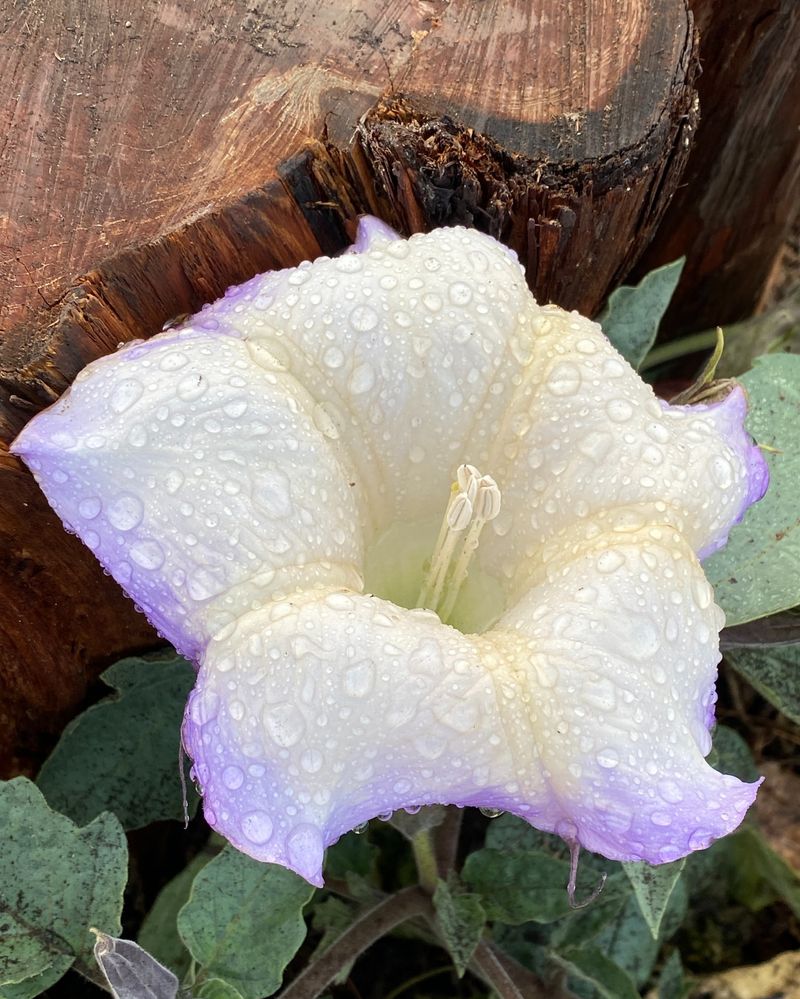
All parts of this plant contain dangerous levels of tropane alkaloids, making it one of the most poisonous plants you could grow. Georgia poison centers regularly handle cases involving accidental exposure to these ornamental but deadly plants.
Though not explicitly illegal, growing datura varieties like jimsonweed or angel’s trumpet comes with significant liability concerns. Their striking flowers and unusual seed pods attract children, creating serious safety risks in residential areas.
Several Georgia municipalities have ordinances specifically restricting datura cultivation in public spaces and community gardens due to documented poisoning incidents.
12. Hemp’s Complicated Status
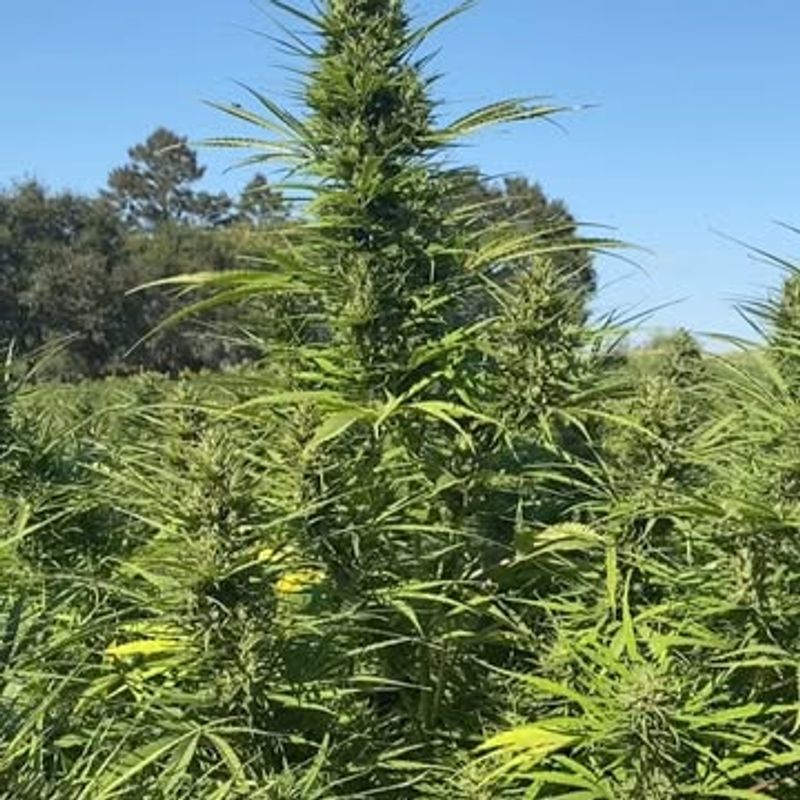
Despite federal legalization, growing hemp in Georgia requires jumping through numerous regulatory hoops. The Georgia Hemp Farming Act established a licensing system that makes casual backyard cultivation illegal without proper permits and inspections.
Many gardeners don’t realize that growing even a single hemp plant without proper licensing can result in marijuana charges, as visual distinction between hemp and marijuana is virtually impossible without chemical testing.
The application process involves background checks, GPS coordinates of growing areas, and substantial fees that effectively prevent most homeowners from legally growing this versatile plant in their Georgia gardens.

